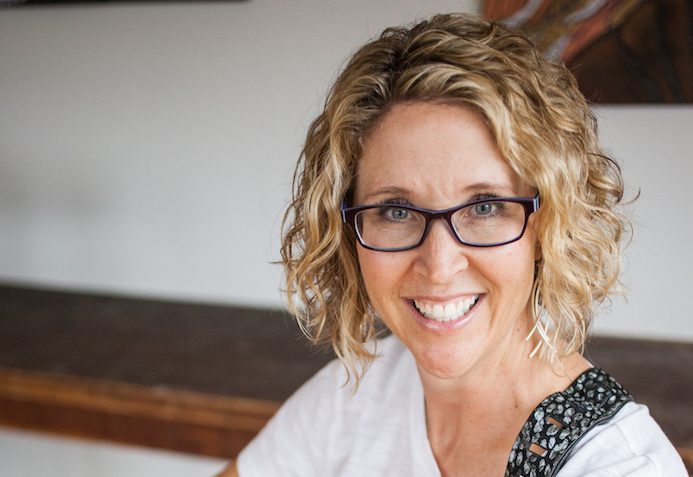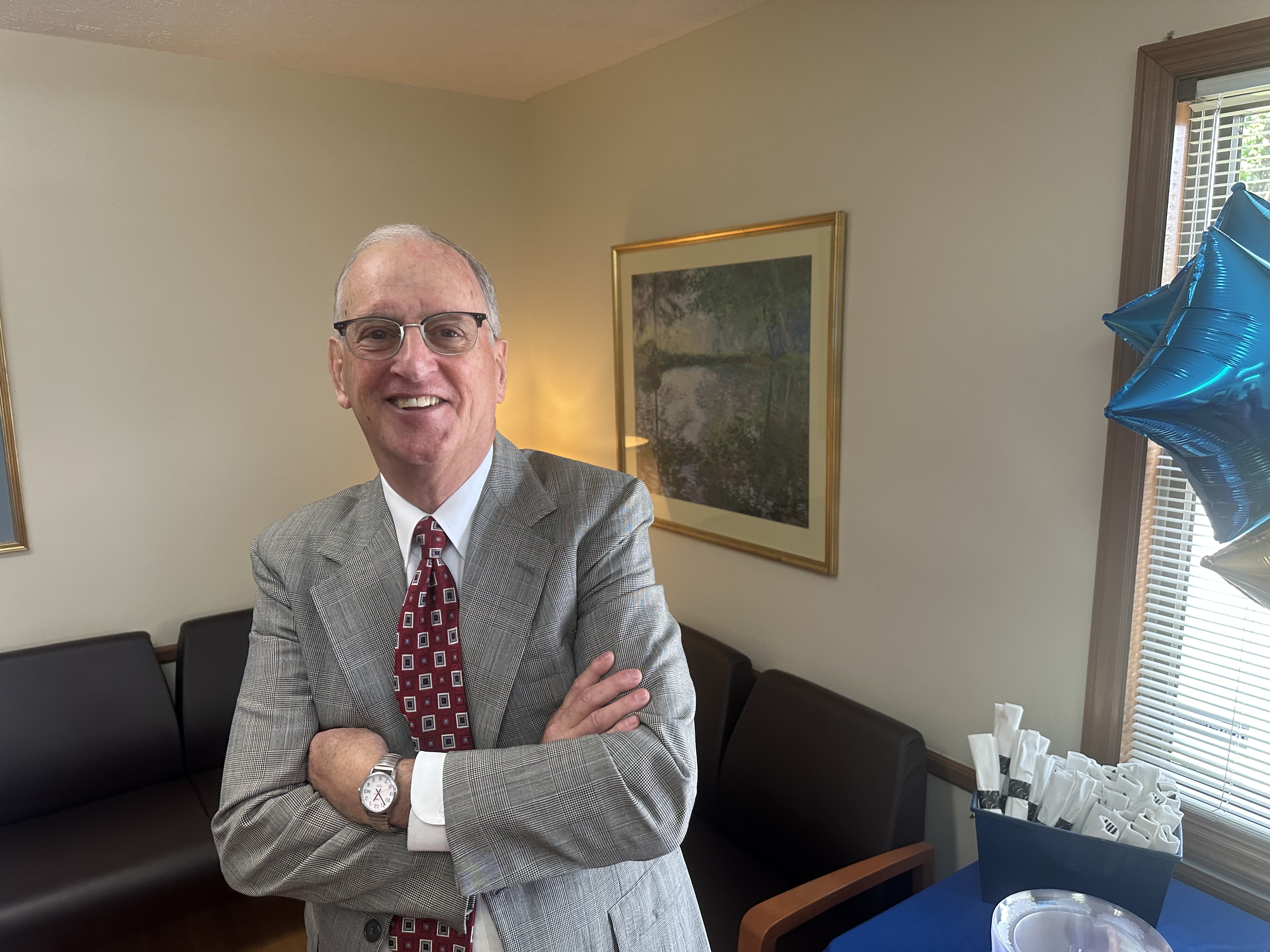Seeking Connection: Explore or ignore curiosity
Published 10:31 am Monday, July 1, 2019

- Erin Smith is the owner of the OM place in Winchester, the author of “Sensible Wellness” and the online host of the OM channel. Follow her on Twitter @erinsmithauthor.
“There are no foolish questions, and no man becomes a fool until he has stopped asking questions.”
— Charles Proteus Steinmetz
The trickster spider Anansi begged the Sun God to bestow all the wisdom of the cosmos upon him.
The Sun God felt sorry for humans and decided to grant Anansi’s request.
So Sun God stuffed all the understanding of the heavens into a pot and handed it to Anansi with the stipulation the spider share the skills and stories equally among all humankind.
But Anansi is greedy and sly and decided to keep the valuable wisdom pot for himself.
He thought he would hide the pot in the tallest of trees where no human could climb.
So he tied the pot around his waist with a vine and started to climb. But the pot kept getting caught on the branches.
A lizard wandered by and happened to look up. He giggled at the sight of the small spider trying to lug the large pot up the trunk.
“You know,” the lizard called up, “If you tie the pot to your back, it will be easier to climb.”
Anansi followed the lizard’s advice and found it was indeed much easier to climb.
When he reached the top of the tree, he stopped to rest. That’s when it occurred to him he held all of the wisdom of the heavens, but the lizard had more common sense.
In his fury, he threw the pot to the ground, where it shattered, scattering little bits of knowledge all over the world.
The chagrined spider looked at the mess he made and then shrugged. “Ppppffft,” he muttered, rolling his eyes. “I have shown humankind mercy by not burdening them with too much understanding. Now they will be curious and worship me for that greatest of gifts.”
Curiosity is as human an imperative as breathing.
As a species, our drive to ask and answer questions has allowed us to survive and evolve.
There are two kinds of curiosity. One is specific curiosity. Think of specific curiosity as a desire for a particular piece of information or an itch our brain needs to scratch. This kind of inquisitiveness is present in all humans, regardless of age.
Why do we have a leap year?
How many calories are in a banana?
Is it going to rain today?
How many ounces are there in a cup?
How old is Stevie Wonder?
Specific curiosity bridges the gap between what we know and what we want to know. All you need is a Google search bar to satisfy this type of curiosity.
The other type of inquisitiveness is epistemic curiosity, which is simply a love of knowledge, a willingness to take risks for novelty. I think of this as real curiosity.
Sadly, this sort of curiosity often peters out as we age. Without it, we find ourselves in a rut.
Epistemic curiosity requires more time and effort than specific curiosity. It may start with a specific question, but it leads to a need to find out more.
It might begin with a Google search, but that leads to asking more questions, taking a class, booking a trip, reading a book or listening to a podcast on that topic.
The specific question is just the first stepping stone and gives way to actions, experiments and ideas that provoke more questions and produce even more ideas.
The joy lies in seeing where the journey takes you.
Epistemic curiosity is associated with high levels of life satisfaction. Inquisitiveness infuses life with meaning and purpose.
It turns life up because it comes with a sense of surprise and novelty that our brains love.
Real curiosity is contagious. Open, interested minds beget open, interested minds. So choose who you spend your time with carefully.
If it is true that we are the sum of the five people we spend the most time with, choose five people that are interested and interesting.
It’s no surprise then that curiosity is a crucial component of mindfulness. It’s a way of being in the present moment, in noticing the extraordinary in the ordinary.
In each moment, do you want to explore it or ignore it?
Anansi was right in his declaration that curiosity is the greatest gift of humankind.
Don’t allow your anxious, closed mind to kill your curious spirit. Ask questions, seek answers, and bust a rut to live a deeper, more meaning-filled life.
Erin Smith is the owner of the OM place in Winchester, the author of “Sensible Wellness” and the online host of the OM channel. Follow her on Twitter @erinsmithauthor.





